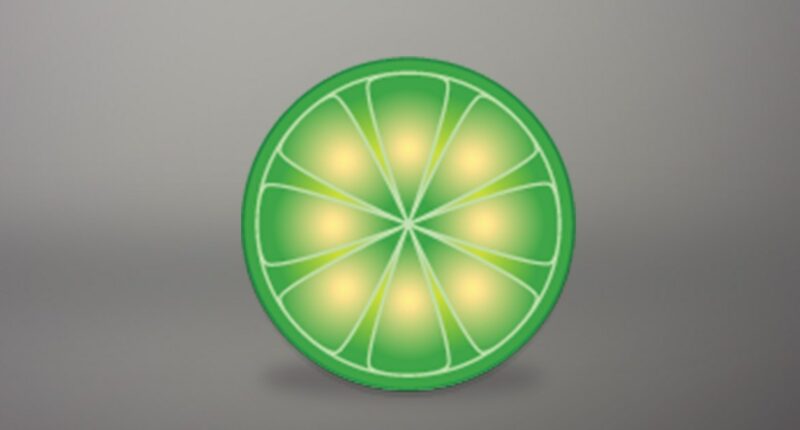Share this @internewscast.com
Quick, can you pinpoint your age by recalling which app you used for downloading free music? Was it Napster, Kazaa, or perhaps Usenet? Did you dabble with Gnutella, WinMX, or Morpheus? Maybe The Pirate Bay was your go-to, or you shared songs via AIM or BBM. The options were limitless. For a stretch of about a decade, being online often meant engaging in music piracy.
In this episode of Version History, we’re diving into the tale of LimeWire, one of the last major players in the file-sharing arena. If Napster marked the beginning of widespread free music access, then LimeWire arguably signaled its conclusion, particularly on college campuses and fast networks.
LimeWire was intentionally crafted to be a different beast than Napster, aiming for a more legitimate and business-oriented model. The company repeatedly sought ways to monetize its platform, envisioning a concept akin to modern music streaming. However, it got caught up in the industry’s longstanding battles, and after Grokster’s fall, LimeWire’s prospects dwindled. Meanwhile, a revolutionary way to enjoy music was on the horizon.
We’re now on the sixth episode of Version History, marking more than halfway through our inaugural season! If you’re interested in tuning in, there are three fantastic places to find the show:
A heartfelt thank you to everyone who has watched or listened to the show and provided feedback! We’re on the cusp of producing the next set of episodes and would love to hear your thoughts on what we should do differently or continue doing. We’re also eager to hear your suggestions on future topics! Meanwhile, if you’re curious about LimeWire, here are some resources to explore:






